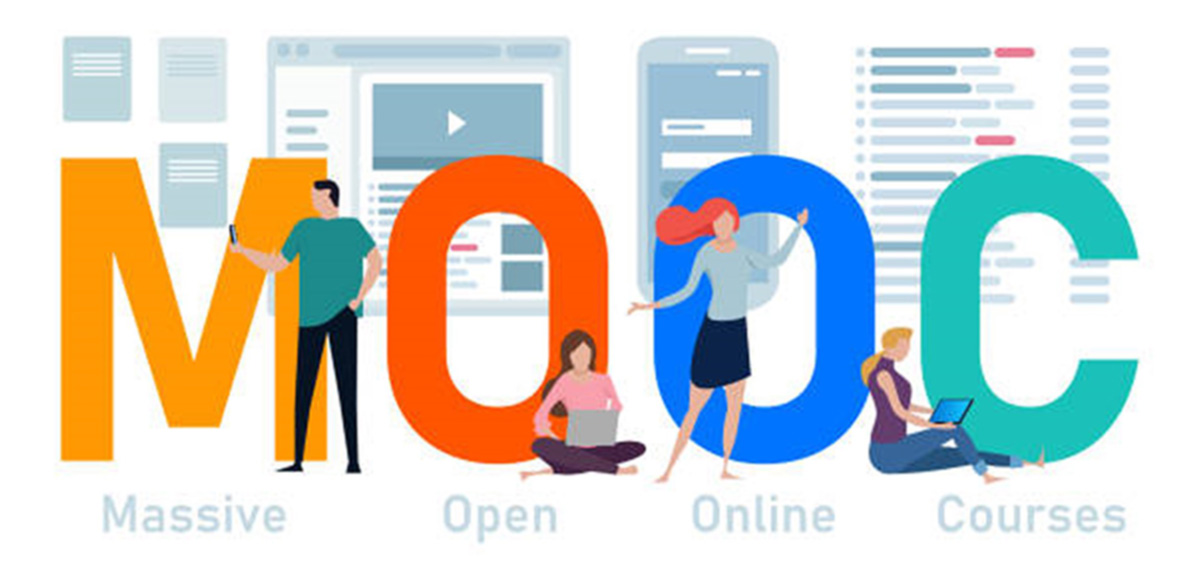
Acceptance of MOOCs as an alternative for internship for management students during COVID-19 pandemic: an Indian perspective
The objective of this paper is to understand the benefits and utility of massive open online courses (MOOCs) as perceived by the student, vis-à-vis internship and determine the factors that influence student motivation and distraction in adoption of MOOCs. An empirical study is conducted through a survey; data are collected through a structured questionnaire. The technology acceptance model (TAM) is used as the base framework. For data analysis, Statistical Product and Service Solutions–Analysis of Moment Structures (SPSS–AMOS) 24.0 is used. The impact of context-specific distinctive features of MOOCs and characteristics of students on user satisfaction are examined through perceived ease of use and perceived usefulness. In the study, it is found that positive social influence and better facilitating conditions improve perceived ease of use and perceived usefulness leading to a better user satisfaction. Self-regulation positively influences self-efficacy among students while pursuing MOOCs. Contrary to the past researches, it is found that in the pandemic environment self-efficacy is not impacting perceived ease of use, perceived usefulness and satisfaction. The findings of this study will benefit MOOCs developers and Higher Education Institutes (HEIs) in deeper understanding the significant factors affecting MOOC usage in higher education. The study is ingrained to find the causes which will lead to user satisfaction of MOOCs by post-graduation students of B-schools in India. This is an original research and primary data has been collected for decision-making.
Published in: International Journal of Educational Management